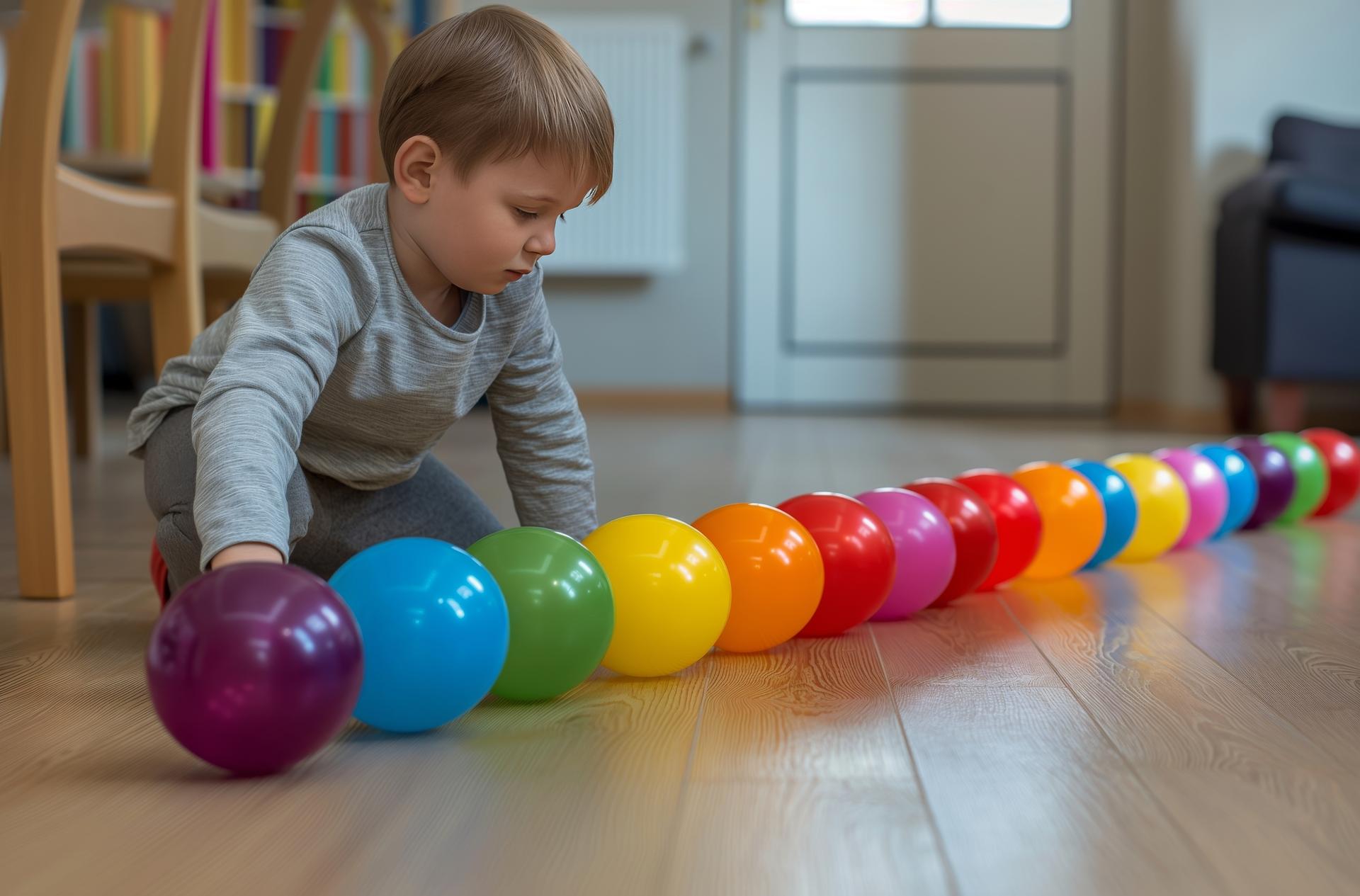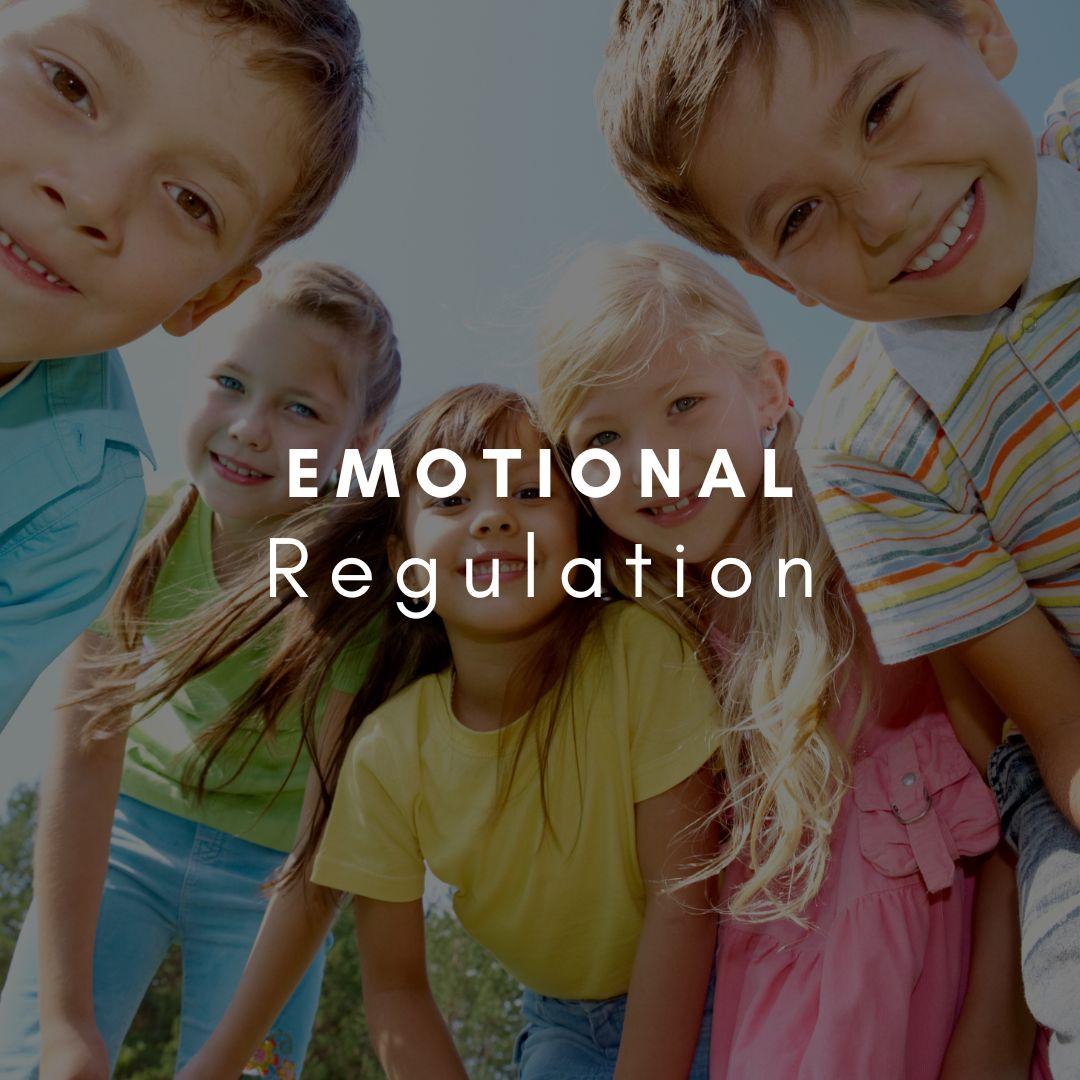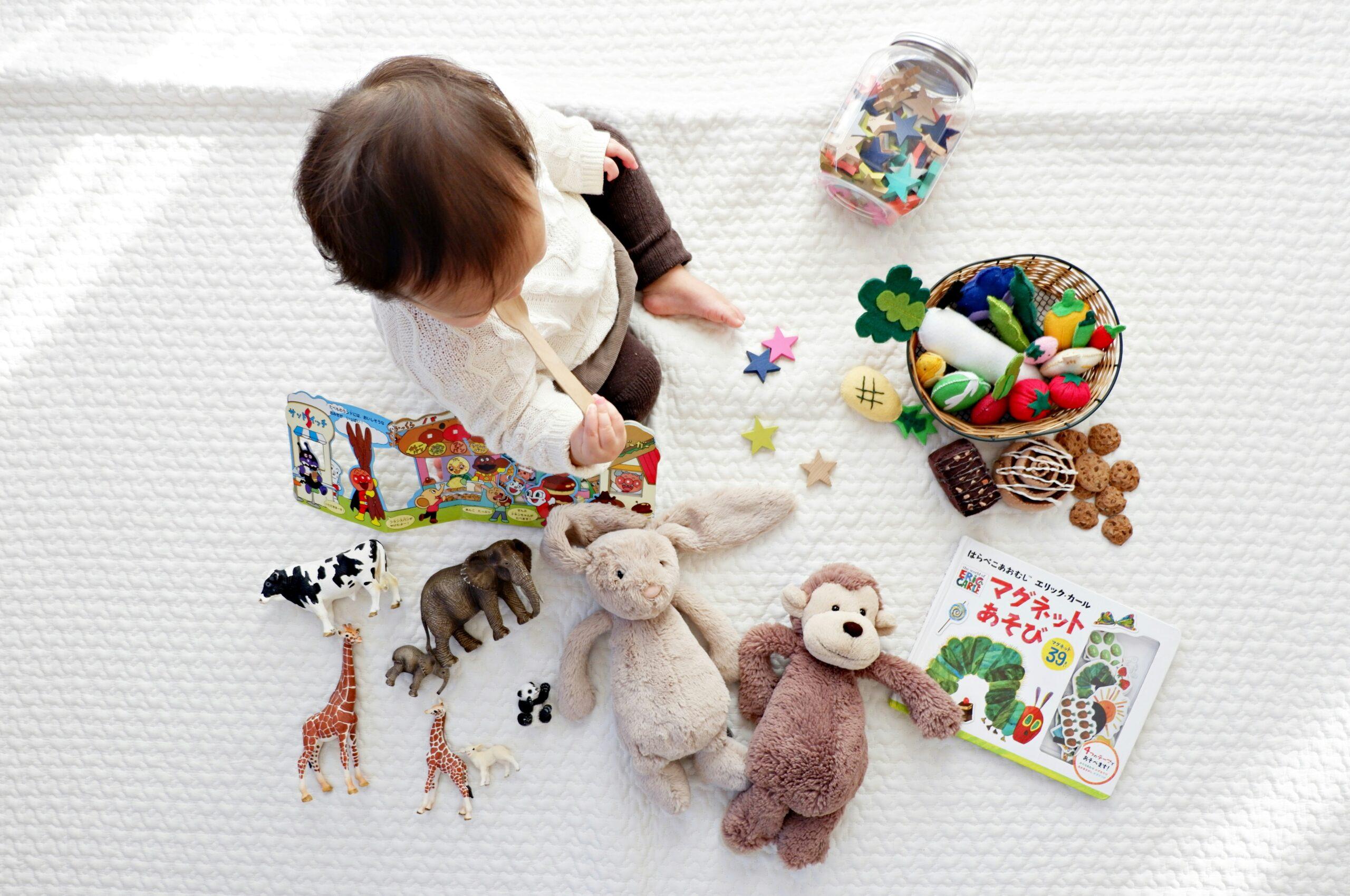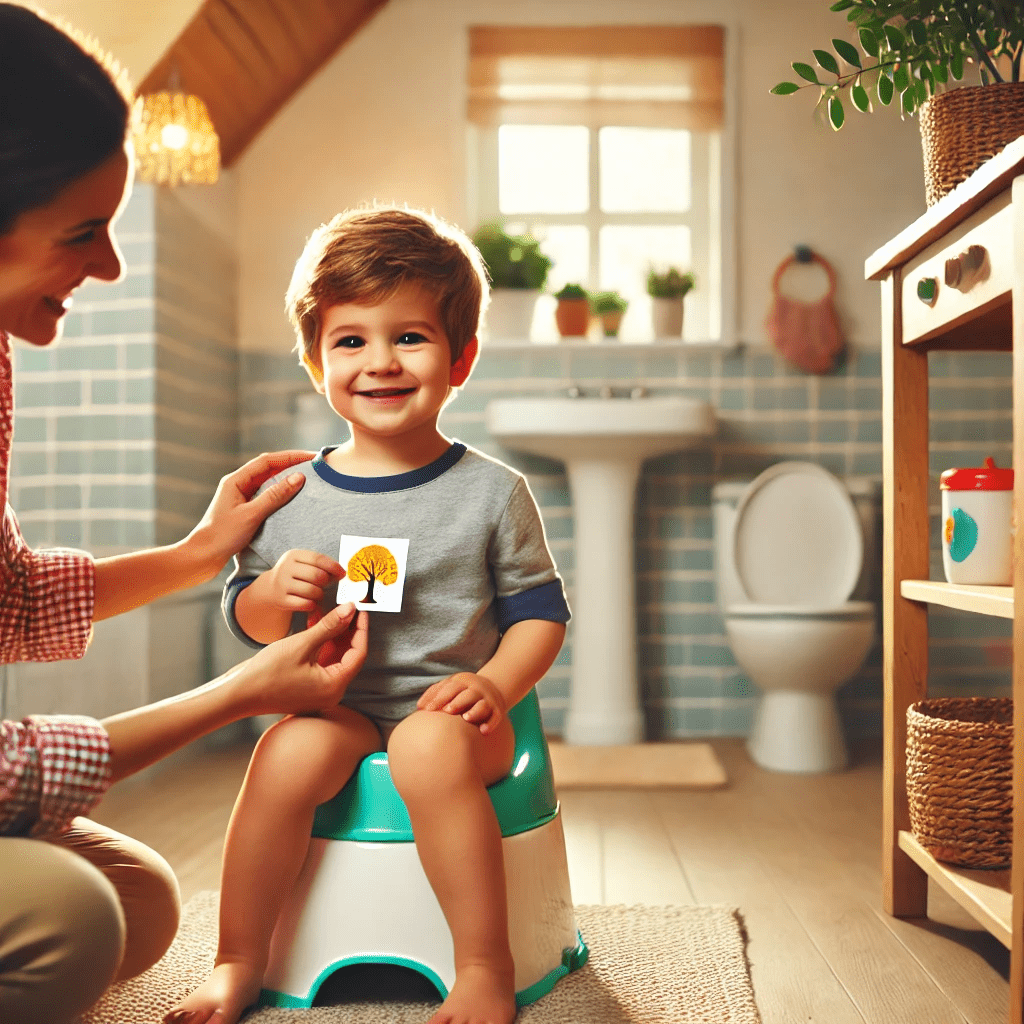Emotional regulation involves the ability to monitor, evaluate, and modify emotional responses to meet the demands of a given situation. It encompasses recognizing emotions, understanding their causes, and implementing strategies to manage them. For individuals with ASD, emotional regulation difficulties may manifest as heightened reactivity, impulsivity, or meltdowns when faced with stressors. These challenges are often rooted in difficulties with communication, sensory processing, or coping mechanisms.
ABA interventions focus on breaking down emotional regulation into teachable components, using reinforcement and other behavior-modification techniques. The goal is to equip individuals with the tools they need to navigate emotional experiences and respond constructively.











